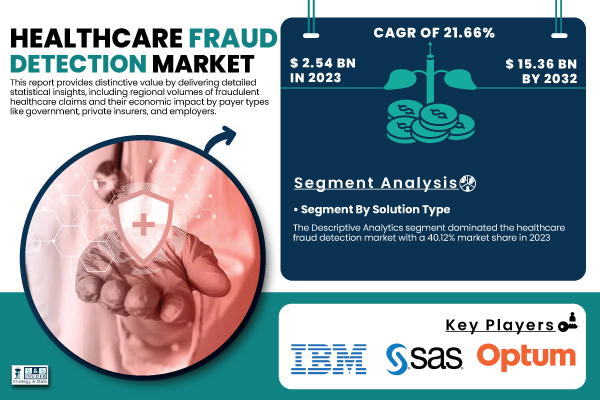The Artificial Intelligence as a Service (AIaaS) market is expanding rapidly. According to a report by MarketsandMarkets, it will expand from $14 billion in 2024 to $72.13 billion by 2029.
According to another report by Grand View Research, it will expand to $105.04 billion by 2030. This huge expansion is primarily due to cloud computing, big data, and companies demanding quicker and wiser solutions.

AIaaS is fixing real issues across most industries: Large banks such as JPMorgan Chase and Citigroup employ AI to prevent fraud. The AI scans transaction patterns and alerts when something does not look right. AI assists online stores as well as brick-and-mortar stores .
It drives targeted advertisements, monitors inventory, and enhances the way stores communicate with customers. Physicians employ AI to identify diseases quickly and more precisely. It also supports patient record handling and treatment recommendations.
Providers of AIaaS no longer provide general-purpose tools. Now they create solutions for particular industries: IBM Watson provides AI solutions for healthcare and finance. Salesforce Einstein assists companies in better understanding and serving customers.
AWS provides AI solutions for logistics, media, and telecom firms. AI is no longer the exclusive domain of big tech firms. Now, anyone can experiment with it, thanks to new pricing schemes: Pay-as-you-go: Only pay for what you consume.
Freemium: Get basic services free and upgrade if necessary. Enterprise plans: Tailored for large enterprises that require additional support. Firms are partnering to create better AI tools: Microsoft Azure AI works with platforms like SAP and Oracle .
Google Cloud’s Vertex AI helps developers build custom AI features. NVIDIA teams up with cloud services to offer the hardware needed for tough AI tasks. Not every enterprise employs computer geniuses.
So, suppliers are creating AI simpler to configure and employ: Pre-existing connectors allow AI to easily coexist with platforms such as ERP and CRM. Low-code and no-code technologies allow non-tech users to develop AI capabilities. AI applications take less time to install and are ready to work.
More AI in the market means that businesses are making a conscious effort to implement it the proper way: Nearly 40% of Fortune 500 businesses employ AI ethics teams. International standards such as ISO/IEC are being adopted for safety and trust. Features are being incorporated to reflect the way AI decides, making it more comprehensible.
AIaaS is not merely a fresh technology trend. It is transforming the way businesses operate. With smarter tools, improved customer service, quicker setup, and ethical use, AI is becoming an assistive daily tool for businesses everywhere.
.
















